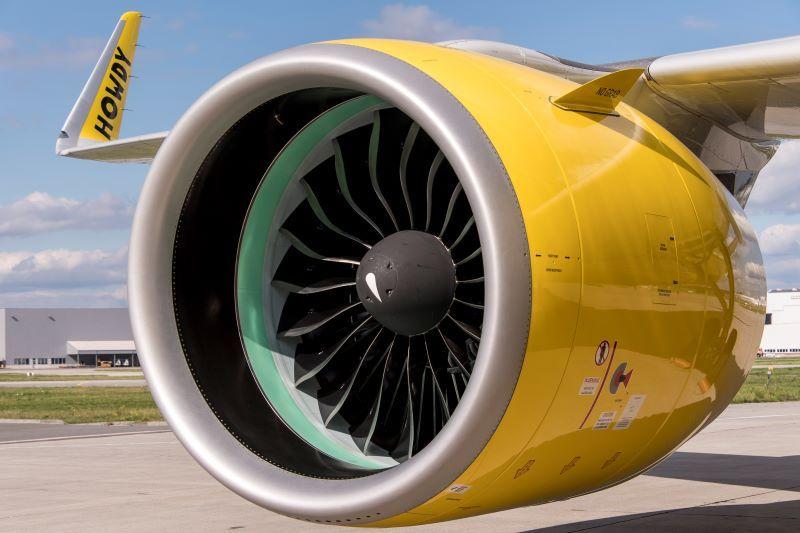MTU Targets Quicker Turn-Around Times For PW1100G Inspections

Credit: Airbus
MTU Aero Engines is working on a cost-efficiency program and will enter negotiations with partner Pratt & Whitney to reduce the financial impact of RTX’s PW1100G fleet management plan presented Sept. 11. The company wants to find ways to reduce the time needed for inspections and potential repairs...
Subscription Required
This content requires a subscription to one of the Aviation Week Intelligence Network (AWIN) bundles.
Schedule a demo today to find out how you can access this content and similar content related to your area of the global aviation industry.
Already an AWIN subscriber? Login
Did you know? Aviation Week has won top honors multiple times in the Jesse H. Neal National Business Journalism Awards, the business-to-business media equivalent of the Pulitzer Prizes.






